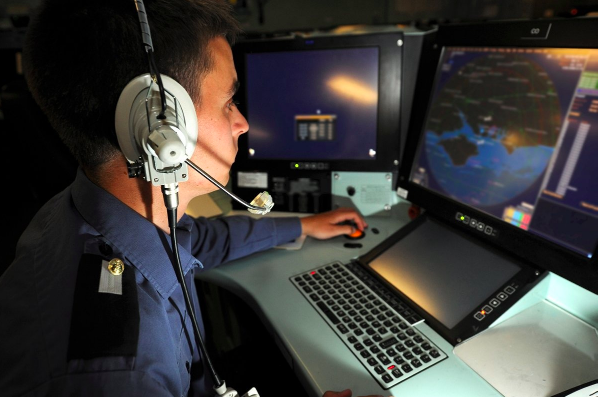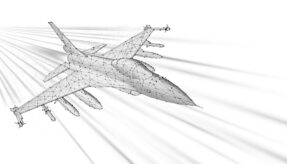
This September, the Defence Academy of the United Kingdom will launch their first Masters of Science (MSc) in Defence Innovation in partnership with King’s College, London.
As the latest step to modernise Joint Professional Military Education, the MSc looks to build a repository of skills and experience in using hypothesis-and-test rationale to solve real-world defence challenges.
Focusing on problem-led learning, the MSc in Defence Innovation is the culmination of an innovation pathway first piloted in January 2019 with 12 graduate-level students on the Defence Academy’s Advance Command and Staff Course (ACSC) and in partnership with the Common Mission Project’s new ‘Hacking for MOD’ programme.
Already the innovation pathway has demonstrated success. The 2019 pilot programme has worked on several challenges for defence, including successfully addressing an obstacle for the Royal Air Force (RAF) Air Operations Controllers using build-measure-learn-validate methodology, resulting in a significant cost-savings for defence.
Now fully accredited through King’s College, London as a 10-month MSc in Defence Innovation, in September, up to 24 ACSC students will take an alternative approach to develop skillsets adept at innovation and problem-solving at pace. At its heart are the ‘Hacking for MOD’ principals promoting experimentation, iterative design and user feedback over the traditional problem-solving approach.
‘Hacking for MOD’ is a UK Ministry of Defence-sponsored programme and conceptualises Silicon Valley’s Lean Start-up Methodology along similar lines to the successful ‘Hacking for Defense’ programme delivered by the Common Mission Project US in partnership with the United States Department of Defense’s National Security Innovation Network (NSIN).
Major General Andrew Roe, CEO Defence Academy and Commandant Joint Services Command and Staff College (JSCSC), said: “Modern warfare is changing rapidly and this requires new ways of thinking and problem solving. Our leaders of today and the future must be able to process quickly, react intelligently and innovate to remain ahead of emerging technologies and threats. ‘Hacking for MOD’ and the MSc in Defence Innovation will give our students the tools to think critically and respond to fast-paced challenges.”
Lieutenant Colonel Frank Reeves, student on the ‘Hacking for MOD’ pilot, said: “This experience sparked an appetite for innovation and has changed my approach to problem-solving by providing a proven set of practical tools which I can now use with confidence to translate ideas into stuff of value for defence.”
image © Crown Copyright
If you would like to join our community and read more articles like this then please click here.







